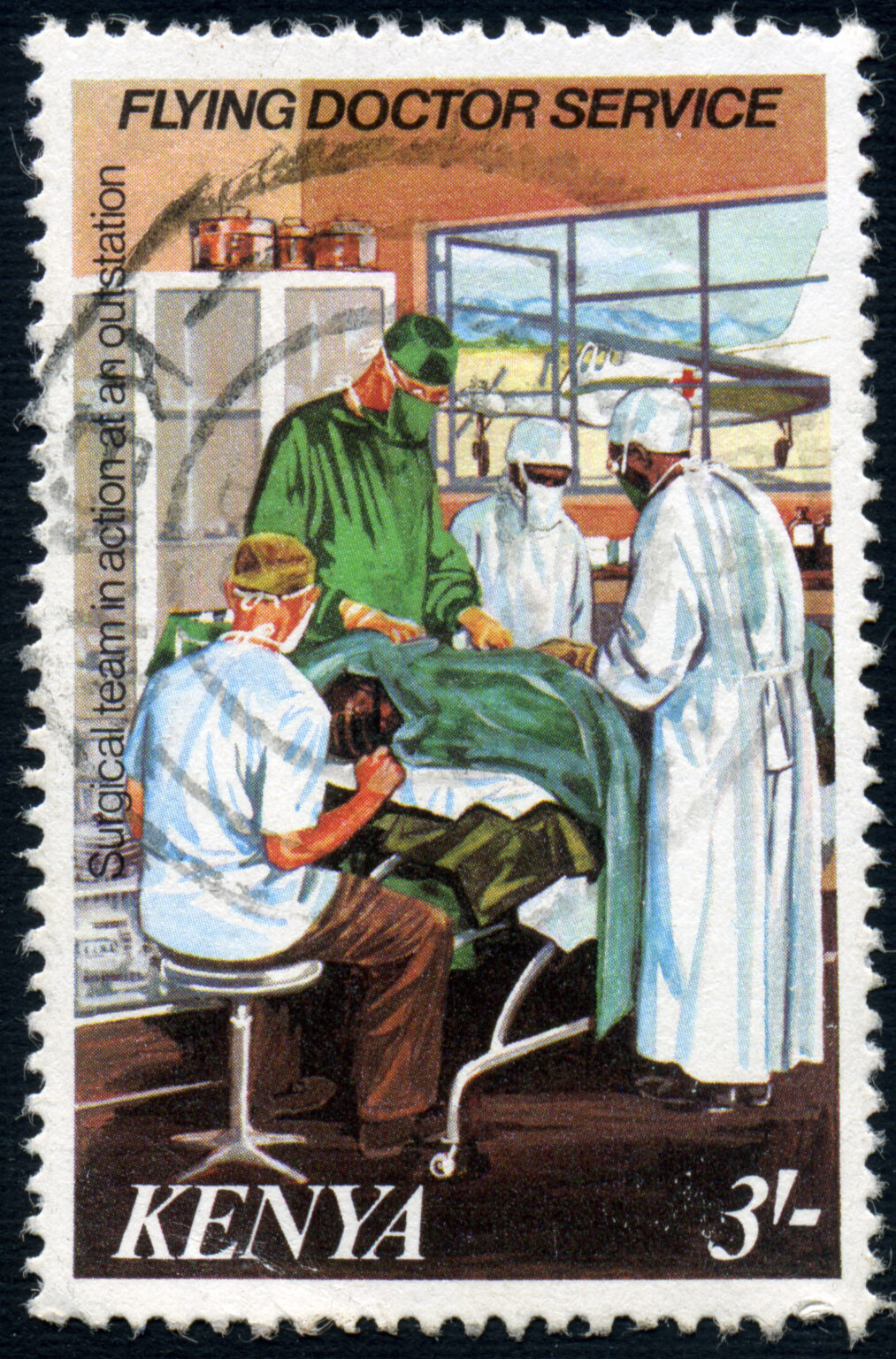Africa’s healthcare systems have been in crisis for decades, plagued by chronic underfunding and inefficiency. But recent shifts in global aid and political priorities are pushing these systems to the brink. Foreign aid—particularly from the U.S. through USAID—has played a critical role in supporting health services across the continent. However, recent cuts to this funding have raised serious concerns. The impact of these cuts will not only reverberate through healthcare systems but also threaten the political and social stability of the continent.
USAID Cuts: A Looming Crisis
Sub-Saharan Africa, already home to some of the most fragile health systems in the world, has come to rely heavily on external funding to combat diseases like HIV, malaria, and tuberculosis. USAID has been a lifeline, providing critical financial support to ensure these health programs remain operational. But as the U.S. reduces its financial contributions, countries such as Kenya, Mozambique, and Zambia are now facing a serious shortage of vital resources. Health programs that once kept deadly epidemics under control are now in jeopardy, with the potential to undo years of progress.
Take HIV treatment as a case in point. Historically, USAID funding covered more than 70% of the costs for antiretroviral therapy (ART) across Sub-Saharan Africa. As funding shrinks, more people—especially in countries like Uganda, Kenya, and Zimbabwe—are at risk of losing access to life-saving medications. Dr. Mercy Mwangangi, a respected health policy expert, points out the urgency for African governments to step up their own health budgets. But as much as local efforts are needed, they cannot replace the massive gap left by USAID’s cuts.
Devolution: A Double-Edged Sword
In theory, devolution—shifting authority and resources from central governments to local bodies—should improve healthcare delivery by making services more responsive to local needs. But in practice, devolution has often led to fragmentation and inefficiency. Take Kenya as an example: while healthcare has been decentralized, local governments have not received the funding or support necessary to manage these programs effectively.
Local governments are now left to pick up the pieces of a broken system. The cuts to USAID have exacerbated this issue, leaving regions even more vulnerable to collapse. Amref Health Africa’s research has found that local health systems—especially in rural areas—are struggling with shortages of trained health workers and essential supplies. This threatens the goal of universal health coverage. Without significant investments in local governance and infrastructure, the promises of devolution will remain unfulfilled.
The Funding Gap: A Bleak Future
Africa simply cannot continue to rely on foreign aid to prop up its health systems. A shocking reality is that in many African countries, national health budgets allocate only a tiny fraction to primary healthcare. For example, less than 2% of most African nations’ health budgets are dedicated to primary care, which is the foundation of any sustainable healthcare system. This means that basic services, including essential drugs, equipment, and health worker salaries, are largely funded by external sources.
The gap in health financing isn’t new, but the urgency has never been more apparent. Dr. Mwangangi stresses that systemic changes are needed. Governments must move away from their over-reliance on foreign aid and rethink how health systems are financed. This may mean exploring innovative solutions like public-private partnerships or health bonds. The clock is ticking, and Africa can no longer afford to wait for external funds to fill the gap.
The Political Stakes
The cuts to USAID are more than just a financial blow—they are a political maneuver with serious consequences. The reduction in aid is not only withdrawing much-needed resources but also reshaping the political landscape of Africa. The absence of vital funding risks creating power vacuums in weak states, leaving them more vulnerable to instability. We’ve already seen countries like Somalia and the Central African Republic experience violence and unrest due to a lack of healthcare infrastructure and the economic frustration it breeds.
Politicians must understand that healthcare is not just a service—it is national security. Weak health systems lead to weaker states. As health crises escalate and essential services begin to crumble, governments may find themselves struggling to maintain control, triggering wider social unrest. Healthcare, therefore, is not just a matter of public welfare—it’s a cornerstone of political stability.
Moving Forward: A Call for Sustainable Solutions
So, how can Africa cope with the cuts to USAID? The solution lies in building a more self-sufficient healthcare system. African nations need to focus on strengthening primary healthcare—an area where 80% of the population seeks care. Dr. Githinji Gitahi, CEO of Amref Health Africa, argues that shifting investments toward primary care is critical to alleviating pressure on overstretched hospitals and clinics. Prevention, rather than just treatment, must be the focus.
But simply investing in primary healthcare won’t be enough. Governments must prioritize broader investments in health infrastructure, workforce training, and supply chains. Even though these are tough political choices, African leaders must recognize the long-term benefits of strengthening healthcare systems. International partners must support this transition by focusing on building capacity for self-reliance, rather than just continuing to write cheques.
Conclusion: The Road Ahead
The cuts to USAID funding serve as a wake-up call for Africa. The continent cannot afford to rely on foreign aid as a crutch for much longer. While the immediate consequences will be felt in communities across Africa, the long-term impact will reverberate through the political and social fabric of the continent. It’s time for African governments to act boldly—rethink healthcare financing, invest in sustainable solutions, and build systems that can weather external shocks.
The clock is ticking, and the future of Africa’s healthcare systems—and the well-being of its people—depends on the choices made today. Will African governments rise to the challenge? Or will they continue to depend on foreign aid that is no longer guaranteed? Only time will tell. But one thing is certain: the time to act is now.
By Willy Muthama


